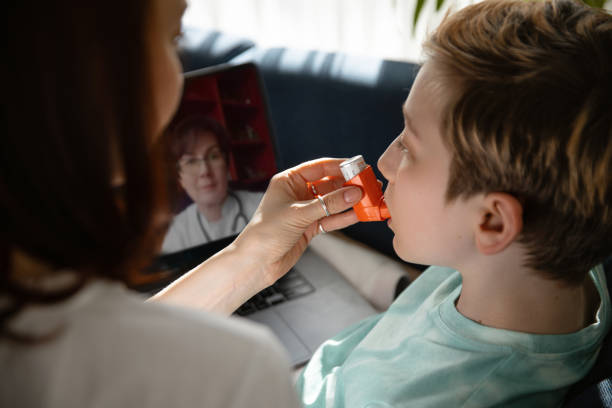The Rise of Telemedicine and Remote Patient Monitoring
Telemedicine and remote patient monitoring (RPM) enable clinicians to stay connected to patients beyond traditional settings. Together, these technologies improve access to care, reduce readmissions, and create more efficient workflows for providers. From chronic disease management to post-acute recovery, research continues to show how connected care supports better outcomes for patients and healthcare systems alike. […]
The Rise of Telemedicine and Remote Patient Monitoring Read More »









